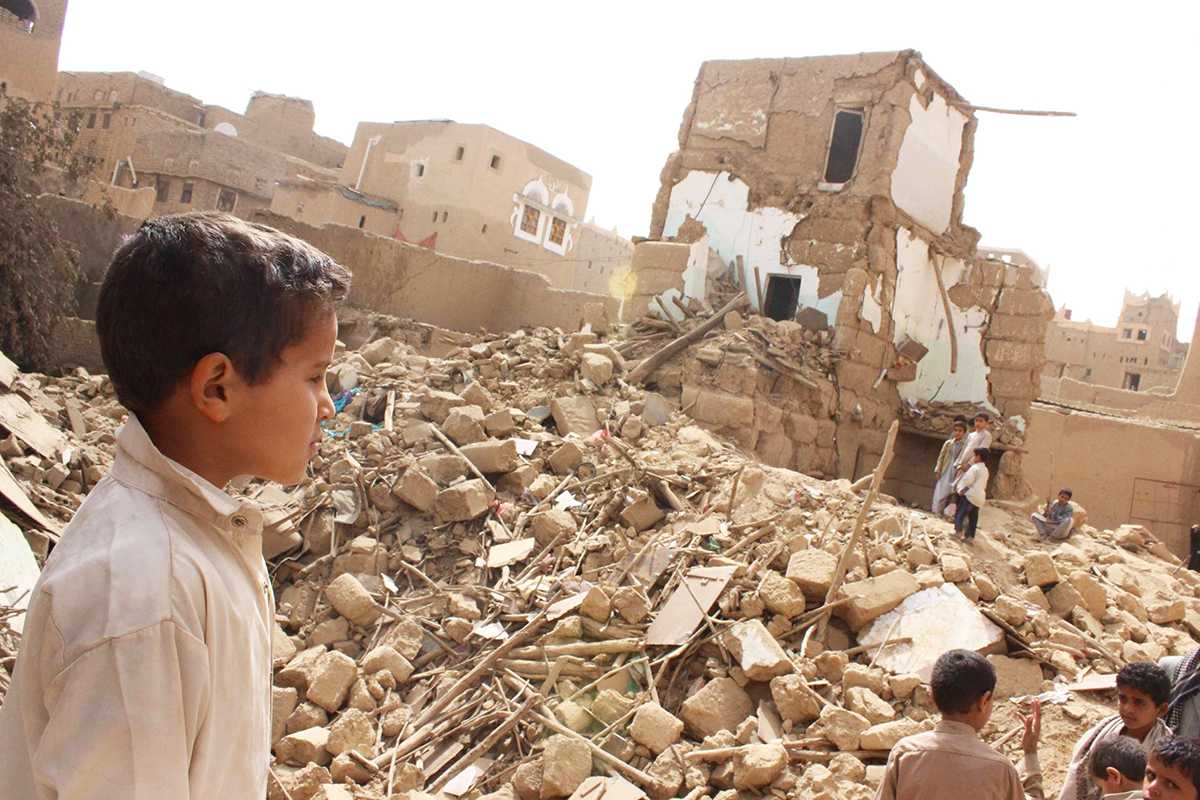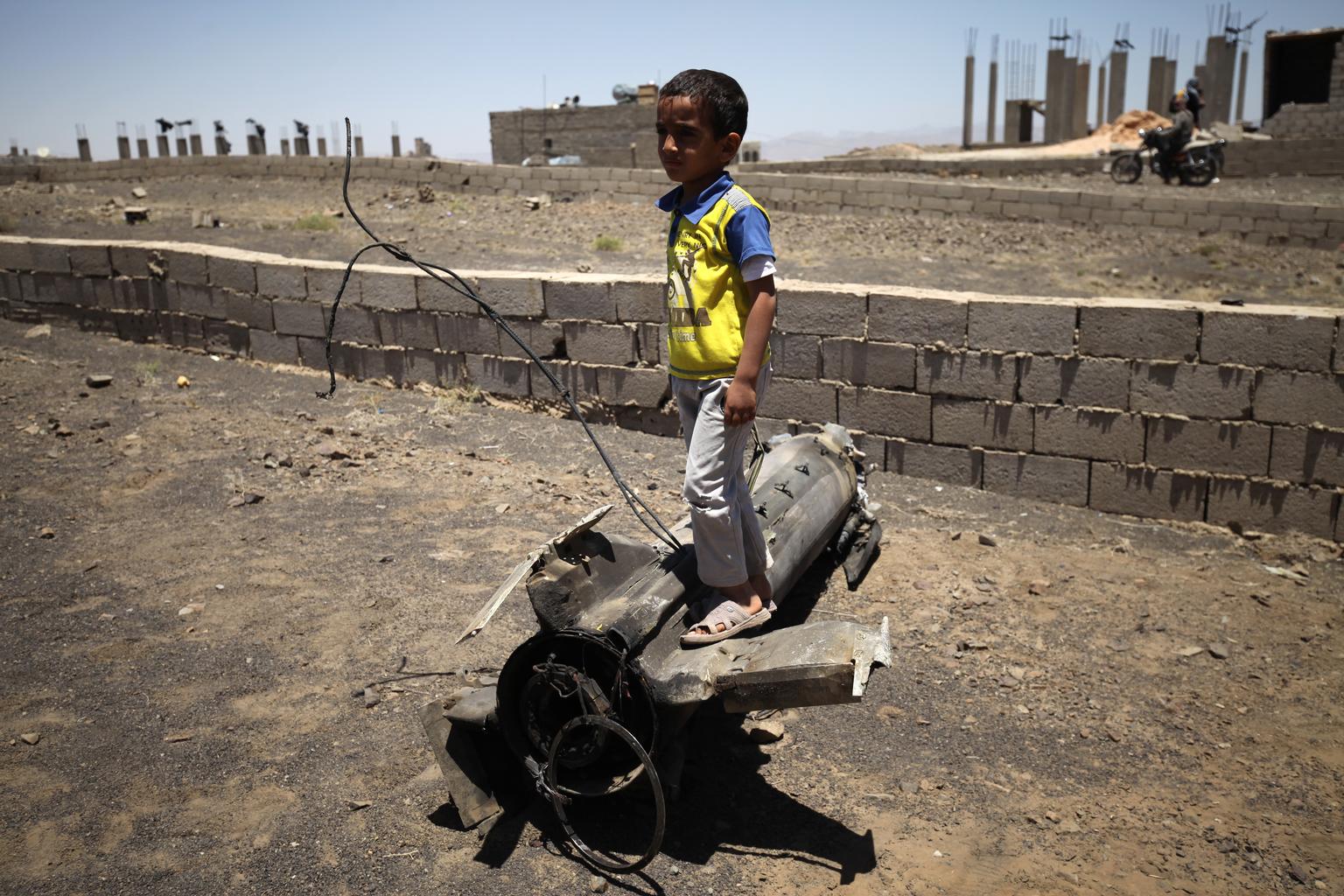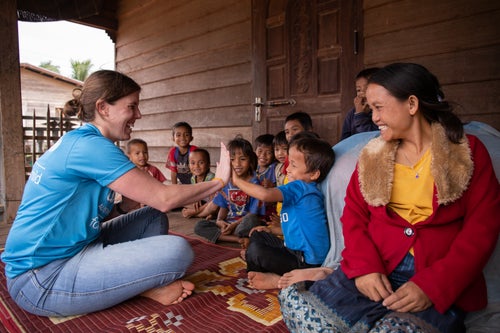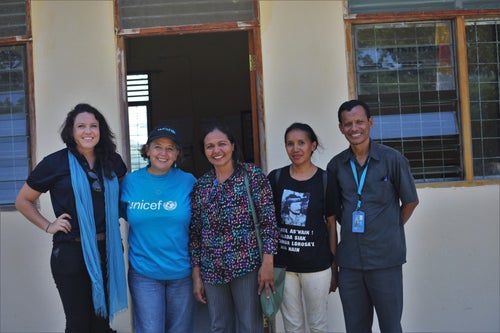Nearly 400 children have been killed and over 600 injured since violence escalated in Yemen four months ago.
It's a tragedy for Yemeni children. An average of eight kids are being killed or injured by bombs, bullets and horrific violence every day, while those who survive face the growing threat of disease and malnutrition.
Just this week, 13 educators and their children were killed when an airstrike hit a teacher's office in Amran.
"The educators were gathered together to prepare exams for thousands of children who had missed the end of their school year because of this brutal conflict," said UNICEF Executive Director Anthony Lake.
"Working after hours, they had brought their children with them, some of whom were playing outside when the bomb exploded. A selfless activity, turned in a moment into senseless bloodshed."
Across the country, nearly 80 per cent of children are in need of urgent humanitarian assistance. That's a staggering 10 million kids who need our help right now.
Kids like Ali, who just can't understand why this is happening to him.

"What did we do wrong? Why can't we live like other children in the world?"
And kids like Fuad, who lives in constant fear of war planes flying over his house.
Over the past six months, UNICEF has given psychological support to over 150,000 children like Fuad who are struggling to cope with the conflict.
We've been at the centre of the humanitarian response since the crisis began. UNICEF staff are distributing safe water and ensuring medical treatment for kids with malnutrition, diarrhoea, measles and pneumonia.
We cannot stand by and let children suffer the consequences of a humanitarian catastrophe.
UNICEF is calling on all parties to the conflict to respect their obligations under international humanitarian law and to stop targeting civilians and crucial infrastructure like schools, water and health facilities. This conflict must be ended once and for all.
Helping kids in crisis
Wherever children are caught in emergencies, UNICEF works to uphold their fundamental rights to protection, health care and education.
You can help us continue this critical work for kids, wherever the need is greatest
DONATE NOWRelated articles
Stay up-to-date on UNICEF's work in Australia and around the world
















